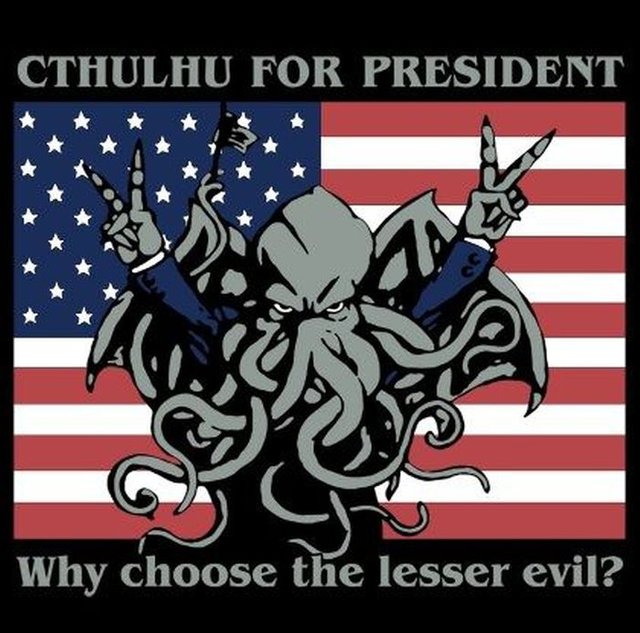If I had to choose a single word to describe the vice-presidential debate this October 4th, it would be "annoying." We all know that American politicians these days are practiced in answering the questions they want to answer instead of the questions they were asked. And surely enough, that re-framing took place in the veep debate. It took place to a degree I've never seen before; hence "annoying."
I have to say that Tim Kaine was the more aggravating of the two in this regard. Had Mike Pence had the debating skills of Canada's Brian Mulroney, he would have had a real zinger when the subject turned to North Korea's Kim-Jong Un. At that time, Sen. Kaine had brought up Donald Trump's tax return so many times, Gov. Pence could have gotten nationwide laughs simply by saying: "Before I answer that question, we'd better hear what the Senator thinks about Kim-Jong Un's tax returns." This zinger would have worked only because Sen. Kaine had come close to monomaniacal on the Trump-tax-returns talking point.
Sen. Kaine also missed a zinger. As Americans and veteran America-watchers know, one of - if not the - standard rhetorical technique of American politicians is the heart-tugging or heart-rending anecdote. In the early-mid part of the debate, Gov. Pence chided Sen Kaine for exploiting personal tragedies for political gain. Some time afterwards, Gov. Pence used the heart-tugging story of a mother whose soldier son was killed in Fallujah. Sen. Kaine could have interjected, "I thought you disapproved of exploiting personal tragedy for political gain, Governor."
The policy statements, what little there were, were pretty much what you'd expect from an experienced Democrat pol (the wish-list approach) and a Republican pol. Except in foreign policy, they were sparse with specifics. With regard to foreign policy, Gov. Pence's answer regarding Aleppo presented a conundrum to the folks who jumped on board the Trump Train because they're sick of Hillary's wars. When pumping his Aleppo-related safe-zones plan, he did sound a bit like Madeline Albright.
Perhaps because he's low-key, and thus hard to perceive as coming on too strong, Gov. Pence did squeeze in those red-meat attacks on Hillary Clinton: the Email scandal, the Clinton Foundation, the "Russian reset" policy. But Sen. Kaine's attacks on Donald Trump were more incessant, prolly because his debate coach said that the best way to win the debate was to put the Republican on the defensive. That tactic might not have worked this time 'round, because Pence's apparent defensiveness included a lot of head-shaking that amounted to:

(Meme from this page, ironically enough.)
That's probably why - to my surprise - CNN's talking heads said that Pence won the debate.
Given the mainstream media's track record, I wouldn't be surprised to see the general public get around the idea that Kaine won. If so, a large part of the reason came from his discussion of his deep faith-based opposition to the death penalty - and why he nevertheless authorized executions when he was Governor of Virginia. He not only said in everyday words what "No Establishment of a Faith" means, but he also said - truthfully, I'm sure - that he lived up to it when serving as Governor. If the Dems have smarts, they'll tell him to make this a major theme of his speeches (if they haven't already.) It's the perfect deflector for the pro-life charges that he's not a good Catholic for running on a pro-choice platform. That part, in addition to its deflective potency, was the standout moment of the debate - and it was Sen. Kaine's.
But, the trick of "answering the question I like" has gotten to the point where a cynic can use it to guess which questions are the softballs. "If (s)he answers it instead of re-framing it, it's a softball question." I now see why some suspicious-minded folks claim that some of the questions are pre-fed to a favored candidate before the debate. The contrast between a question answered and a question deflected is so glaring nowadays, it all-but encourages suspicion.
In closing, I have to confess that I don't know which candidate's performance will resonate better with the American public. All I can say is that the debate was striking example of how polarized the American election is. So polarized, I can see a future moderator say jestingly: "Oh, why don't you both forget the question and just attack each other." Now, that would be a zinger!

(image from here)
Or if you prefer...

